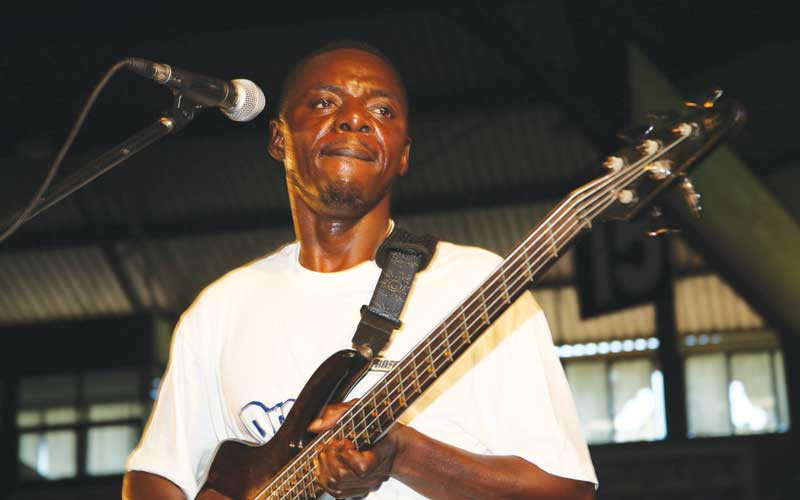
Between the Lines: BENIAH MUNENGWA
SO many fruits have been harvested from trees of collaborative efforts by writers. But most notable works have come from a time when, maybe, only emails were the mode of communication available, though not readily available.
But today’s writers stand in more liberated times, with diverse and equally useful platforms to communicate with other writers next to them. From the pool of sharing and broadcast tools they have at their disposal, the chances of stimulating collaborative works are now much higher.
Today’s writers are blessed so much with a number of free tools, all which gift the writers with the ability to crowdsource for ideas, reviews and pre-publishing perspectives.
Exposed to these, there is little excuse for writers to dish out below par work, or to shy away from collaborative efforts. Through WhatsApp, Facebook and Twitter, a poem can be improved through peer-review processes that leave poems cleaner and more broad-based than before.
Also available is the opportunity of meeting like-minded or diverse-minded peers, all of whom empower the modern day writer. While it can take at least two weeks for a fellow to comment on one’s work through postal letters, now calls for less time required for a return of a comment.
The world is now much faster and urgent and so is the mood that should characterise the new literary movement. This, though said in simplicity, is not an automatic passage to success. The levels reached in the writing of collaborative works like Writing Still and Walking Still, among other titles, are not easy to reach.
This is because beyond the aspect of it being slow, competence punctuated the process. What this simply means is not every WhatsApp group will birth applaudable work unless the pool of people involved are distant from those that at most comment with multitudes of applause and less of constructive criticism.
- Chamisa under fire over US$120K donation
- Mavhunga puts DeMbare into Chibuku quarterfinals
- Pension funds bet on Cabora Bassa oilfields
- Councils defy govt fire tender directive
Keep Reading
What is required is a pool of constructive people who, in their varying capacities, can expand to incorporate the scope of attentive readers, ruthless critics and constructive editors whose tastes reawaken the spirit of long time writers, some of whom we lost, like the late great Charles Mungoshi (pictured).
It is important to note that to have such works as Writing Still and Walking Still was no stroll in the park, but a combination of inspiration and talent. However, these traits are also found in this age, but with one more added advantage. This added advantage comes in the form of the ability to conduct collaborative works in time and not acting as impediments to progress.
The time when collaborative works like No More Plastic Balls was published had no social media to prop up communication with the people whose names were to appear in such esteemed works. This time, therefore, writers should produce more competent work since more brains can now be brought together and without the delay caused by geography as an impediment.
Given the will, collaborative efforts should now cross the continental divides and bring much greater works as now a writer in Nigeria has the capacity to easily add his ideas to a piece of work written in Namibia. If it is happening in other fields like music and film, why should the same not apply to the book-writing world? Surely, in a world of endless possibilities, nothing can stop this.
Back to the very local context of collaborative works, the virtual space has offered a refugee platform for children and women to freely produce their works, in an industry that had wrongly been perceived as male dominated. To that end, the writing space should celebrate its liberation from the shackles of traditional forms of publishing.
This mode of publishing, however advantageous, has got a great loophole that comes with it: the respect of the sanity of peers. This form of respect makes fellow writers ignore the flaws of a peer’s work, because they are afraid to candidly critique work for fear of hurting their friend’s feelings and allow it to be published with glaring flaws.
This is one of the most unfortunate features of such programmes. But given all that, collaborative works and peer reviews have found a better century to operate in. It is my call for the modern writers to trudge a new path of progress on the new writing landscape.
With talent readily available and with money not the chief motivation, art has a chance to be rejuvenated, stretched across borders and be of good use to society. So again, we say, from these openings, hail the writers of today.
• Beniah Munengwa writes in his personal capacity. He can be contacted through email on [email protected]











